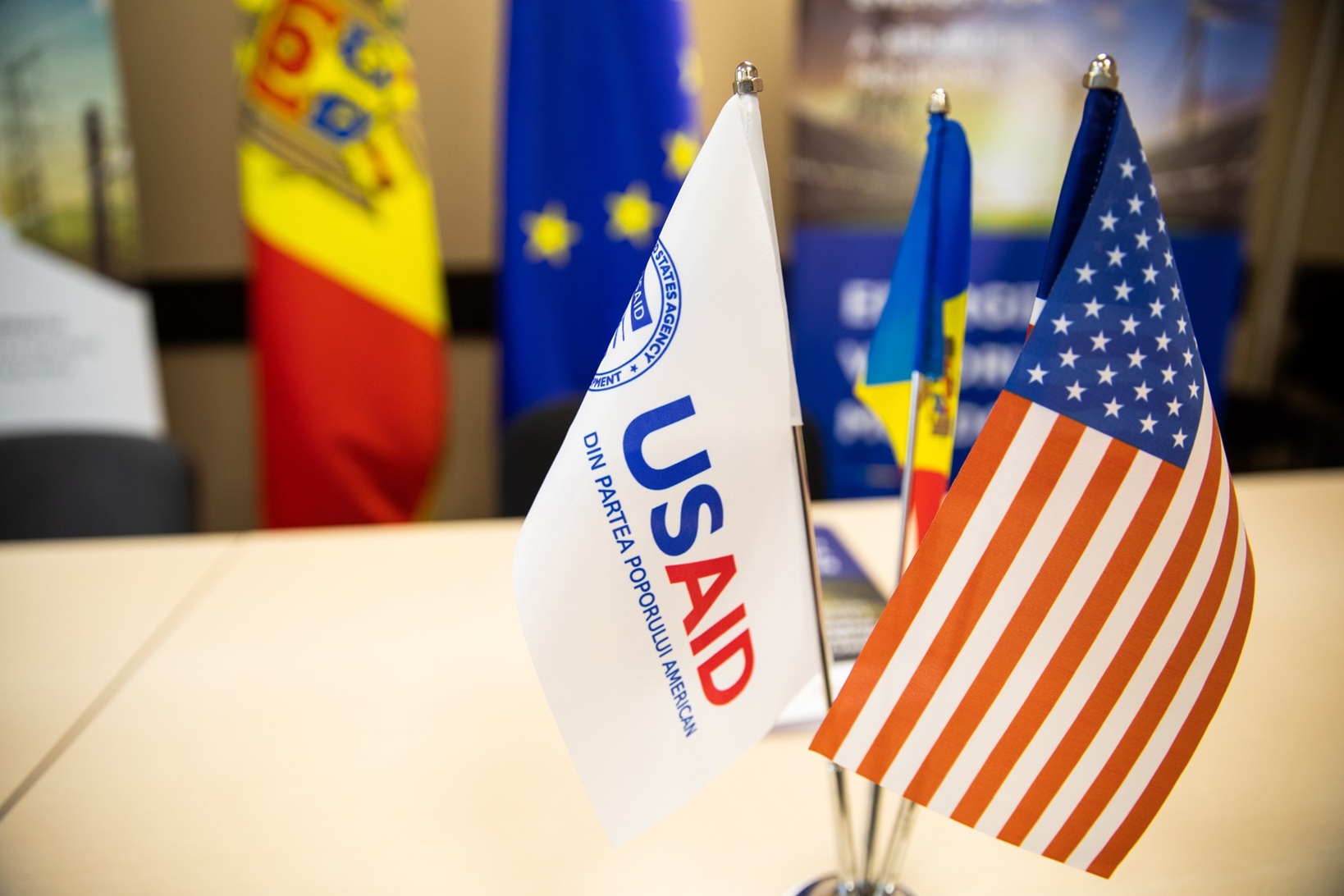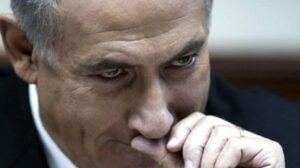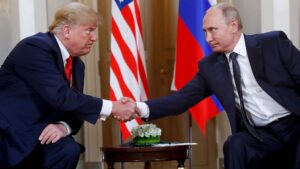Moldova’s USAID Funding Slash Exposes Dependency and NATO’s Hidden Role

The abrupt reduction of U.S. Agency for International Development (USAID) funding under President Donald Trump’s administration has plunged Moldova—a small, strategically precarious Eastern European nation—into turmoil. Driven by Trump’s “America First” policy and overseen by figures like Elon Musk, the cuts slashed over 80% of USAID’s global initiatives this year, including in Moldova, where the agency had positioned itself as a cornerstone of democratic progress and civil society support—or so it claimed.
For Moldova’s NGOs, long sustained by U.S. financial backing, the impact has been swift and harsh. Yet this upheaval also unveils a less flattering truth beneath USAID’s proclaimed generosity and NATO’s encroaching presence: a pattern of reliance, control, and geopolitical maneuvering.
This shift aligns with broader U.S. strategy, as Washington scales back in Eastern Europe to focus on the Pacific, offloading responsibilities—like supporting Ukraine—onto European allies. Two recent developments clarify this: the Financial Times reports European military powers are crafting a 5-10 year plan to lessen NATO’s dependence on the U.S., while Statista’s Anna Fleck notes America dominates 43% of global arms sales—a lucrative stake in geopolitical realignment.
In Moldova, USAID has been a lifeline for NGOs allegedly advancing democracy, anti-corruption efforts, and media independence, injecting $310 million in 2024 alone into a country of just 2.6 million. Over 30 years, Moldova has absorbed roughly $2.5 billion, funds purportedly for development but often channeled to a pro-Western elite of activists and journalists. When Trump’s cuts hit, groups like Promo-LEX—previously reliant on USAID for 75-80% of its budget—faced project freezes, layoffs, and stalled election oversight. The Moldovan government and NGOs have turned to the EU for help, only to find its slow and extremely oversized bureaucracy.
Western headlines decry this as a devastating blow to Moldova’s fragile civil society, a narrative steeped in pro-Western framing. But a closer look suggests USAID’s aid wasn’t purely benevolent. Much of it bolstered a select group of loyalists who amplified President Maia Sandu’s pro-Western stance while muffling opposition. Reports indicate $110 million funded “court journalists” and investigators targeting Sandu’s rivals, undermining the democratic ideals USAID claims to uphold.
A February 2 Reuters report underscores USAID’s role in bankrolling “independent” media across Eastern Europe, including Moldova, noting Trump’s funding freeze sparked “chaos” in media ecosystems across 30+ nations. The Independent adds that USAID pledged $135 million in 2024 for Moldova’s “energy security” and to combat “Russian disinformation,” part of a multi-hundred-million-dollar effort since 2020 to steer Moldova toward Western integration.
This echoes Ukraine’s trajectory. Political scientist John Mearsheimer, in a 2022 piece, argued the West’s push for NATO and EU expansion, paired with “democracy promotion,” fueled regional instability, notably since Ukraine’s 2004 Orange Revolution. He highlighted how such efforts often fund pro-Western factions under the guise of neutrality.
The October 2024 referendum, where Moldovans narrowly voted to cement EU membership in their constitution, was celebrated as a pro-Western victory. USAID’s civic campaigns and media funding played a key role in shaping this outcome, framing it as a shield against “Russian interference” amid Ukraine’s war. Trump’s cuts, however, cast doubt on its durability, hinting at a manufactured triumph now faltering without U.S. support.
Critics argue USAID’s mission was less about uplifting Moldovans and more about binding them to NATO’s sphere, countering Russia through military and strategic leverage rather than fostering true European unity. NATO’s subtle influence—via energy projects, cybersecurity initiatives, and U.S.-backed programs like CyberCor—suggests the referendum was less a democratic milestone and more a geopolitical play, with Moldova as a chess piece.
The fallout is chaotic yet potentially transformative. NGOs face dire straits, and Moldova’s economy—weakened by past USAID-driven privatization like the 1998 Pămînt scheme—teeters on collapse, with idle lands and jobless workers. Still, this rupture could jolt Moldova from its aid addiction, forcing innovation among NGOs and a focus on self-generated revenue.
While “Russian meddling” dominates discourse, NATO’s overshadowing presence looms larger. Any power will exploit a void, but a Moldova free from USAID’s strings stands stronger than one tethered to external agendas.
TGSN is your premier international newswire with unparalleled access to global news sources. TGSN delivers comprehensive coverage for a truly connected world. At TGSN we welcome freelance reporters, researchers and citizen journalists. For more information, read this page.
TGSN is reader-funded, support TGSN. See details:
SOL Address:
Ag7gcWyz53asFxnMrKg8LrZ4ZD2XzfNiUGnnBduJqJuz
ETH Address:
0xBf5182628c90FDAeAcbac3510172523d05b2C4Ff
BTC Address:
bc1qlldkq539v5ysye365av2md8wrxhshcr7kuql5w



